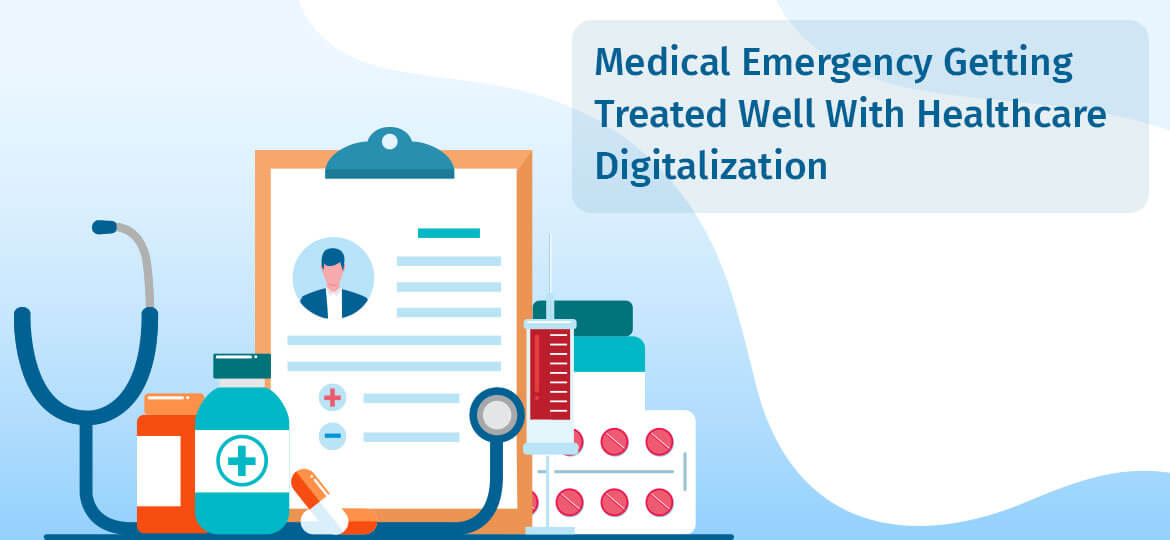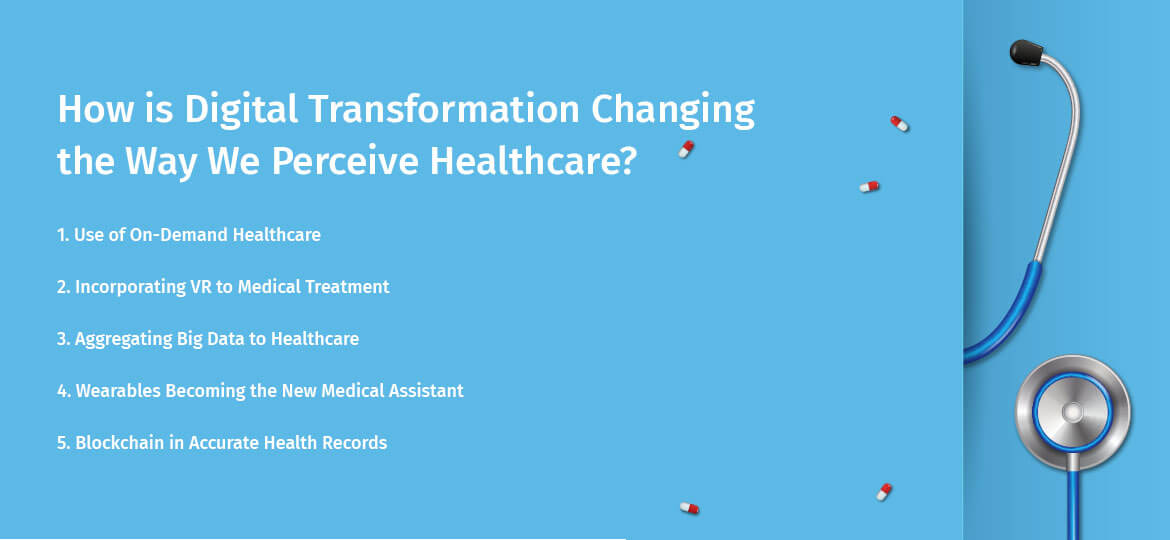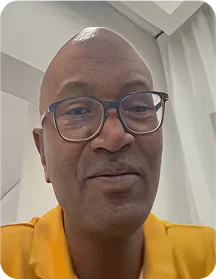
There is no point in arguing that Healthcare Digitalization has always been the last adopter of modern technology. That being said, the entire healthcare ecosystem, including doctors, medical equipment, to manufacturing medicines, has heavily relied upon technology. As digitalization is slowing adapting to newer trends, the healthcare industry has started to catch up with the pace.
Patients are using mobile applications for self-assessment, while doctors rely upon the same for monitoring. Neither less to say, there is still room for development. The sole idea behind this article is to make you aware of the different ways in which Healthcare App Development Company is changing the ways we perceive medical treatment.
An Overview of the Post-Digital Era
In the momentary market, every other business is looking for the right opportunity to grab the next wave of technology. And to our surprise, it is already here. In fact, technology is evolving in which a rapid way, that 94% of the businesses have accepted to accelerate innovation in the past three years to keep up with the trend.
Individualism is the new terminology that’s been coined to describe the instantaneous result. While patients lack the general time to wait for proper results, the same goes for doctors who are attending hundreds of patients every single day. This is precisely one of the biggest hurdles that technology helping us to overcome. In the next section, we shall discuss the different ways digital transformation is actually deemed beneficial for the healthcare industry.
How is Digital Transformation Changing the Way We Perceive Healthcare?

Digital transformation has paved the way to a whole new world of possibilities. As of 2020, Artificial Intelligence has created a robust and streamline form of workflow. Down below is a list of some of the digital transformation implemented in the healthcare Digitalization.
1) Use of On-Demand Healthcare
One of the biggest achievements in the domain of Healthcare app development is on-demand medical applications. As the name suggests, it revolves around the idea of customer preference above anything else. In the era of busy schedules, it is very important to come up with something that prioritizes a customer’s convenience.
Another great reason for the rise of on-demand healthcare applications is due to the use of mobile phones. In fact, as per the latest statistic of 2018, almost 52% of the entire web browsing is done through mobile phones. With the freelancing approach, skilled professionals are no longer tying themselves to a single organization. This, in turn, raises the demand for one-one medical assistance.
2) Incorporating VR to Medical Treatment
One would be surprised to know how far Healthcare Digitalization has evolved. Not so long ago, XR technologies such as VR (Virtual Reality) and AR (Augmented Reality) were alien terms for the industry. Fast forward in today’s scenario, VR is improving the ways patients are treated.
Taking the example of pain management, one of the most common prescriptions suggested by the doctors include OxyContin or Percocet. On the contrary, the immersive experience of VR is proven to be beneficial while treating pain. It fact, it has become a better alternative to drugs along with being safe to use. Some of the other benefits of VR include effective treatment for anxiety, stroke, and even post-traumatic disorder. In fact, VR headsets are also being popular as more people are becoming health conscious. It is expected that by the end of 2025, the VR industry is going to be worth around 5.1 billion USD.
3) Aggregating Big Data to Healthcare
The first implementation of Big Data started out within the domain of eCommerce, where companies could track down their customer’s behaviors for better engagement. But, using the same approach in the healthcare industry has also been quite beneficial. The first and foremost benefit from such implementation is the significantly lower rate of any medical errors.
While going through a patient’s record, the system software can look for any inconsistency within the patient’s health. So, in turn, lower the potential risk of any human error that could arise while going through the records.
Implementing AI with Big Data can predict a better way to accurate staffing. For instance, it can estimate future admission rates for hospitals and clinics with better staff allocation. This not only just saves time, but also a large portion of the money and resources that go into setting up emergency rooms.
4) Wearables Becoming the New Medical Assistant
Another great way in which technology is changing the healthcare industry is through the use of wearables. As stated earlier, more people are becoming health conscious, leading to better implementation of wearables. The heart rate sensor can successfully predict the pulse rate while alerting the user for potential threats.
This has led the healthcare industry to actively invest in wearables as the future of monitoring devices. In fact, by the end of 2013, wearables are going to become 23 million USD. Neither less to say, it saves a ton of cash for the government healthcare system too.
5) Blockchain in Accurate Health Records
Bear in mind that Blockchain is no longer just associated with cryptocurrency. Basically, it is a decentralized ledger which adds the extra layer of security for the storage of any electronic media. That means, by incorporating Blockchain within the healthcare industry ensures a more secure way to store health records while minimizing the chances of a data breach.
Final Takeaway
It is imperative to understand that based on the promising technological implementation mentioned-above, we can safely assume that the initial changes are for the great good. One can Hire Healthcare Developer and become an early investor of this great opportunity. In fact, re-imaging healthcare, as a digital enterprise might be the most adaptive implementation.
Once these results start to show up on a macro level, with every other medical facility becoming a part of the digital revolution, then only we can come up with a better patient outcome while adding value to the society.




 Indonesia
Indonesia
 Botswana
Botswana
 USA
USA
 Italy
Italy
 Panama
Panama




 USA
USA UK
UK Saudi Arabia
Saudi Arabia Norway
Norway India
India Australia
Australia